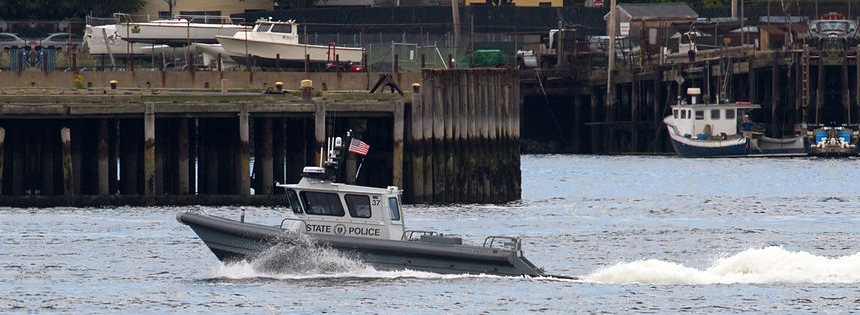
With summer underway, more Texans are heading to lakes and rivers to soak up the sun and enjoy the thrills of navigating waterways. However, Texas does have some specific laws about what is and is not acceptable behaviors while boating, and you need to understand how they apply to you.
Those born after September 1, 1993 are required by law to have completed a Boater Education course to operate a personal water craft (PWC) or boat with more than 15 horsepower in Texas, according to the Texas Parks and Wildlife Department (TPWD). While carrying open containers of alcohol on a boat is legal, drinking and boating is against the law. Most importantly, the blood alcohol concentration (BAC) limitation for boating and drinking is identical to limits for drinking and driving. In other words, having a BAC above 0.08 is considered operating or boating while intoxicated.
Although boating while intoxicated is considered a misdemeanor, a BWI charge can result in confinement in jail and the assessment of fines, which according to TPWD, include the following:
In addition, boating while intoxicated can have direct effects on the status of the arrested person’s driver’s license. For example, the driver’s license of the person arrested may be suspended, and the person arrested may receive additional points on his or her license. Regarding suspension, the first-time offense typically results in an automatic driver’s license suspension of 180 days if one of two criteria is met.
In general, a person is not required to provide a blood or breath specimen if suspected of boating while intoxicated in Texas. In order to obtain a specimen against the will of a person under suspicion of boating while intoxicated, a search warrant must be signed by a judge. However, refusal to provide a breath or blood specimen will result in the automatic suspension of your driver’s license. Furthermore, an automatic suspension is applied if the person arrested was operating a boat or PWC with an engine of more than 50 horsepower.
Boating laws in Texas are built to strongly discourage boating while intoxicated, especially since open containers are allowed on boats. However, you could face severe penalties if you are arrested and convicted of boating while intoxicated. As a result, you need an experienced DWI attorney to ensure your rights are maintained. If you or someone you know has been arrested for boating while intoxicated, contact the Hill Law Firm for a free and confidential consultation.